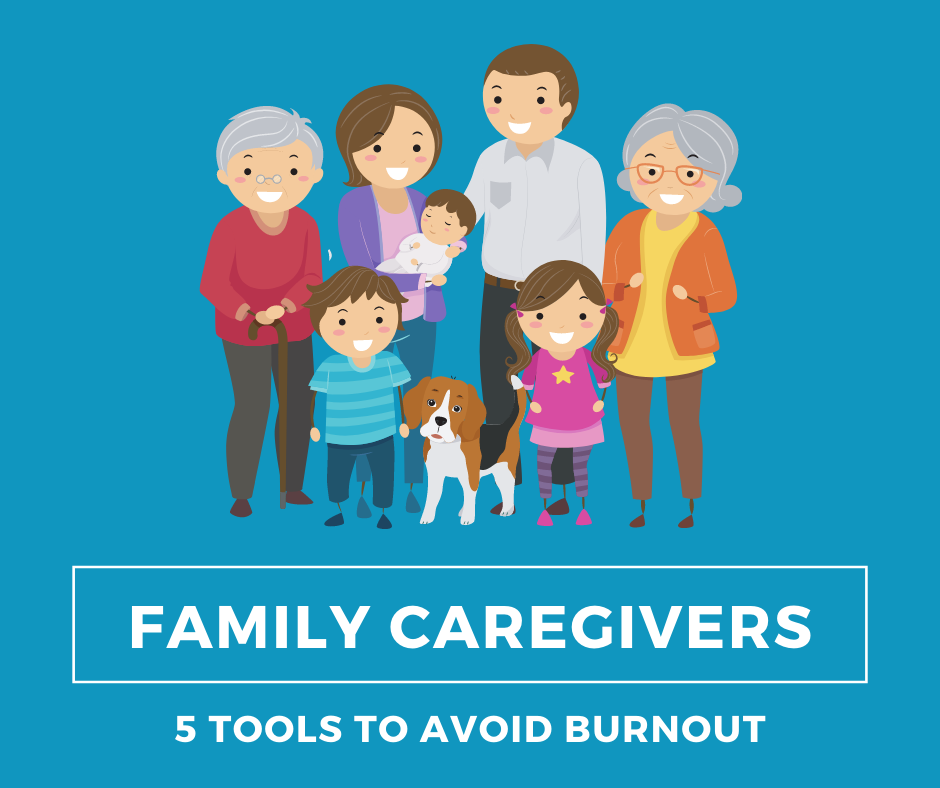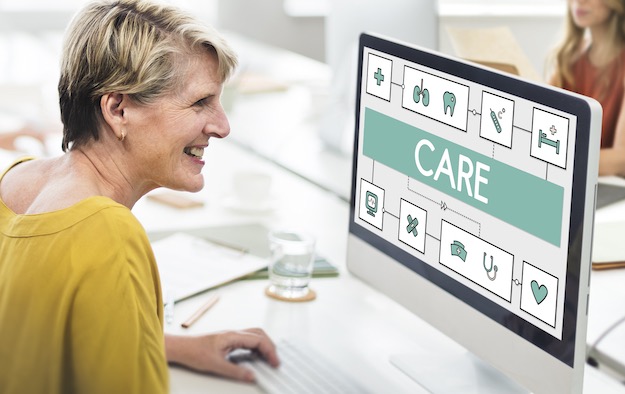
Helping elderly parents is a multifaceted and emotional experience that can be draining on everyone. There are some tips for caring for your parents that can make the experience easier and reduce family arguments. These tips can help choose the right Medicare program and apply for benefits. A patient advocate can be hired to assist you in navigating hospitalizations and discharge. The following tips will assist you in providing better care for your elderly parents and decreasing your risk of dementia.
Elderly parents caregiving is a multifaceted task
There are many challenges involved in caring for an elderly parent. Most elderly parents look to their adult children to help them, but many adults aren't prepared to care. Sometimes siblings are not prepared, so a competent child might become helpless. In this situation, it is important for the caregiver to have open communication with his or her family members. The caregiver needs to be honest about both his or her feelings and the feelings that are shared by the care-receiver. Caring for someone you love is a multi-faceted process that must be handled with care and compassion.
Caring for a parent can bring a variety of emotions. Some caregivers experience joy and solace; others feel deep depression, worry, and sadness. Research shows that caregivers have higher rates of clinical depression than the general population. Guilt can also be manifested during caregiving. Here are some tips to help you cope. Read Sustenance, Hope, and Comfort for Caregivers of Senior Parents: Bread of Angels

It can be mentally and physically exhausting.
Caring for elderly parents is tiring. Even acquaintances may not be familiar with the caregiving responsibilities. They might not understand the stress and frustrations. Caring for a parent is a time-consuming task that can affect family time. A caregiver might feel isolated and depressed, while guilt could be a constant companion. This kind of mental fatigue can have the same effect as physical exhaustion and cloud judgement.
You may be asked to confront your parents' fears and concerns as a family caregiver. Seniors may be afraid of aging. You might also notice that they hide new symptoms, or may become secretive. Your parents may make dangerous decisions and you might experience an identity crisis. However, this stress can be easily managed by recognizing the signs of emotional and physical exhaustion and taking steps to manage them accordingly.
It can reduce tensions, family arguments, and other conflicts
Keeping a constant communication line with your elderly parents can prevent tumultuous family arguments. Family meetings are a great way for parents to talk about any potential issues or changes in their care. Technology can streamline communication, especially when your elderly parents don't live together. You can also bring in a third party to mediate these family meetings. Open communication between siblings can help to foster strong intergenerational bonds.
Siblings may disagree about who should care for their aging parents. There may be arguments about who pays for care, what the parent should consume, or how much money to spend on a task. It's important to remember that no one is right in these situations. It can be hard to watch an older parent's health deteriorate. However, family disagreements regarding who should take care shouldn't lead directly to conflict.

It can reduce dementia risk
Engaging in physical and mentally stimulating activities can help reduce dementia's risk to your parents, even with the increase in dementia incidence. Regular exercise is a great way for the brain to stay active and strong, as well as having many benefits for your mental and physical health. Your mental health can be improved by regular physical activity. You might consider taking up a class, or learning a foreign language. The brain can be challenged by learning a new skill or language.
Exercise also lowers the risk of dementia. Studies show that more education means less chance of getting Alzheimer's. People with higher education levels develop stronger networks in the brain, which are better equipped to deal with cell damage. Alzheimer's disease is caused when these cells become damaged. Therefore, you must do your best to make sure that your parent remains as healthy as you can. Try to include these activities in your daily schedule. Even if you don't have time to hit the gym, try fitting in a 30-minute walk, or take the stairs instead of taking the elevator.